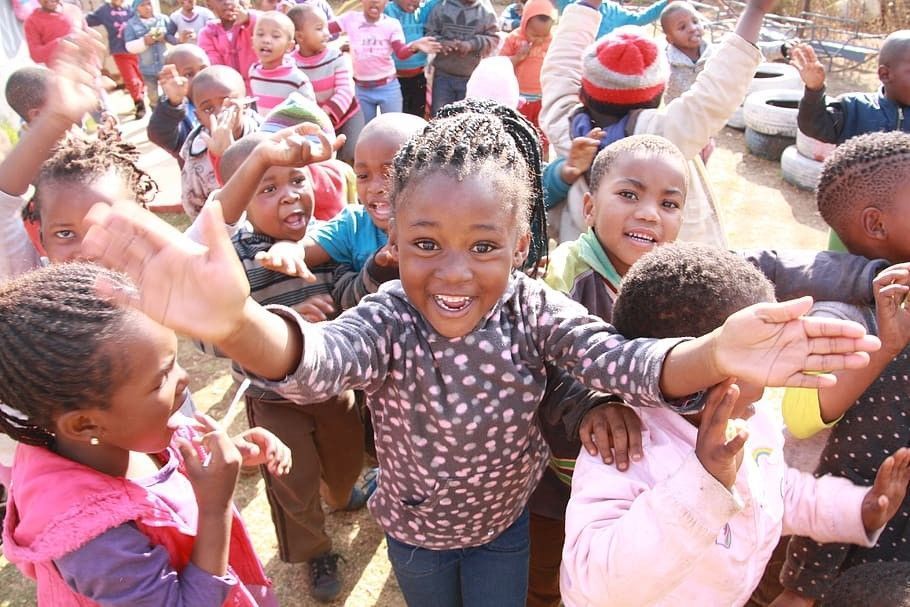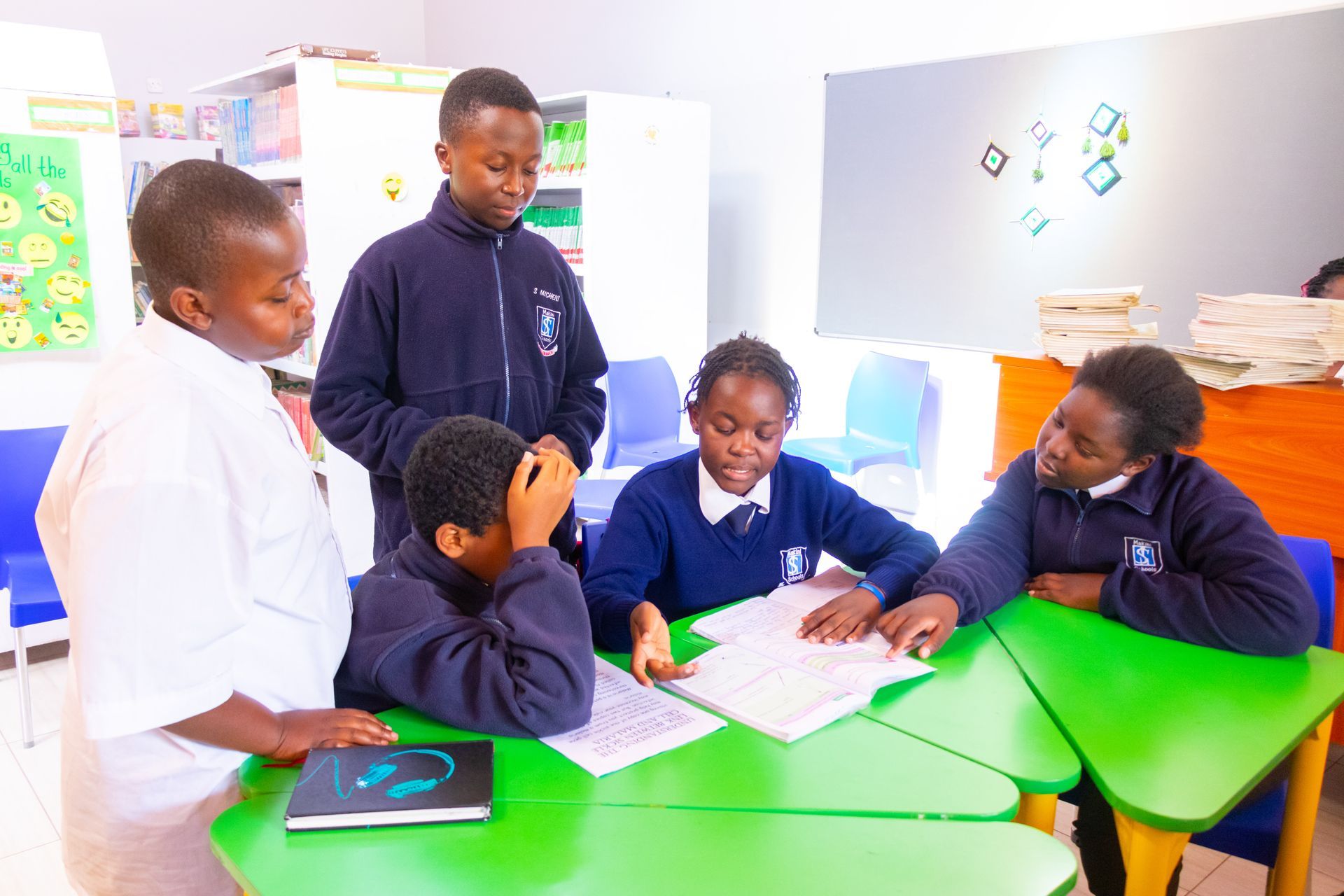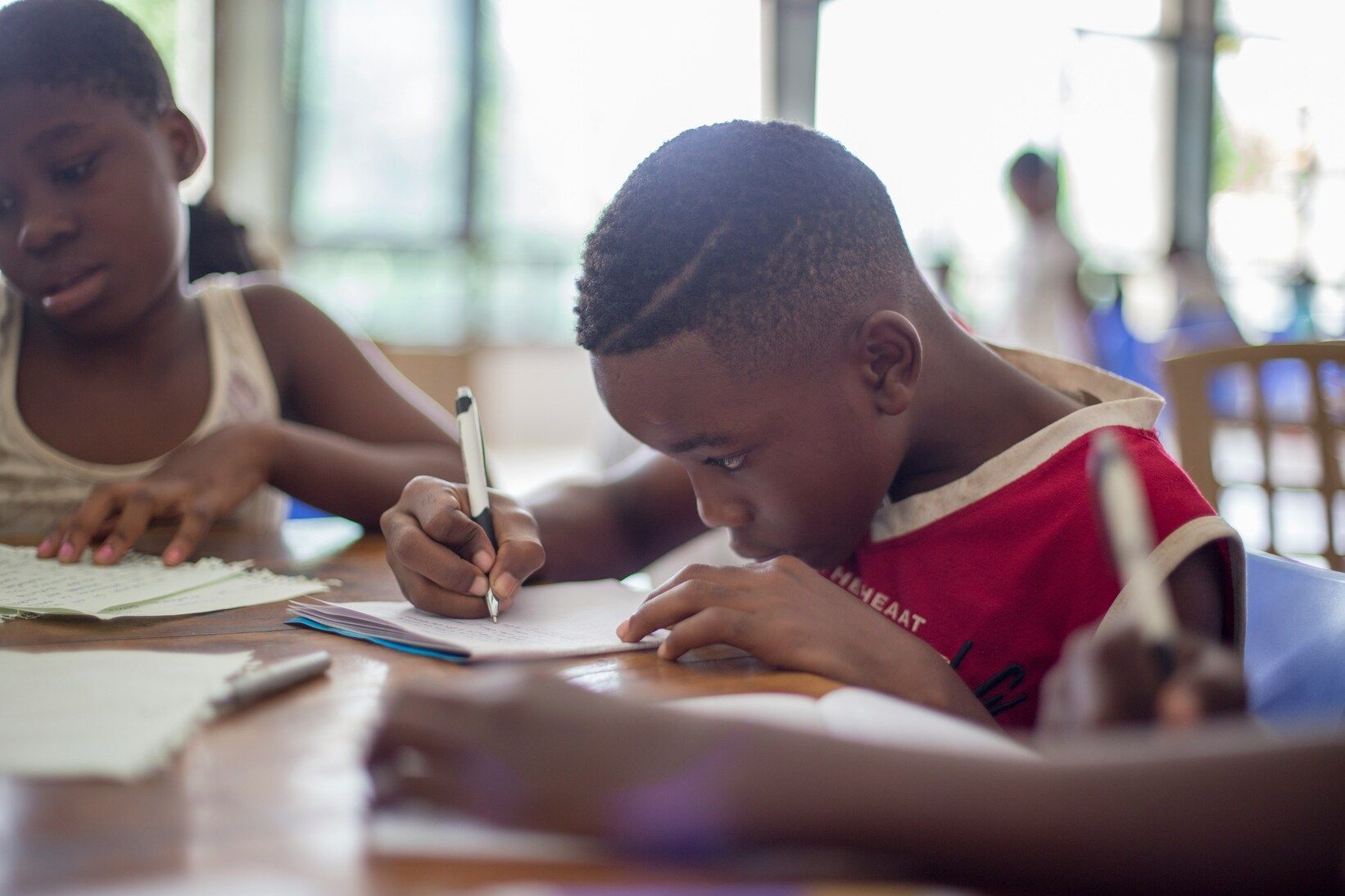Determining Your Child’s Personality Type
Your Guide To Understanding Personality Types in Children
One of the most valuable tools you can have as a parent is understanding your child’s personality type. When you know what kind of personality they have, you can respond to their unique needs, strengthen your relationship with them and create an environment that fosters healthy emotional, social and intellectual development. Being able to recognise differences in temperament also helps you to support your child more effectively and with greater empathy.
By tuning into your child’s natural tendencies, behaviours and personal preferences, you are better equipped to support their learning and communication styles. This helps lay the foundation for confidence and connection.
The Basics of Personality Types in Children
What are the different personality types?
There are several different models that are used to understand child personality traits. One of the most popular is the Myers-Briggs Type Indicator (MBTI). This model categorises personalities based on four pairs of traits like introversion vs. extraversion. Another is the Big Five personality traits. This includes openness, conscientiousness, extraversion, agreeableness and emotional stability.
These models give parents insight into their child’s personality type and helps to identify patterns in behaviour, energy levels, social preferences and emotional responses.
Characteristics of Different Personality Types
For example:
- The Sensitive Thinker: Quiet, observant and thoughtful.
- The Spirited Explorer: Adventurous, outgoing and curious.
- The Steady Helper: Loyal, caring and cooperative.
- The Confident Leader: Assertive, energetic and goal-oriented.
Each of these child personality traits influences how your child interacts you, their peers and the world. It is also how they respond to parenting styles.
How To Assess Your Child’s Personality
Observational techniques
One of the most effective ways to find out what your child’s personality type is, is by consistently watching how they behave. Look at how your child handles change, how they communicate their emotions, how they play with their friends or how they respond to challenges. You will see that patterns will start to emerge that reflect their temperament.
Formal assessments and tools
Should you want a more structured approach, there are many tools available for personality assessments for kids. These include temperament questionnaires and psychologist-led evaluations. These tools can offer invaluable and in-depth insights into your child’s traits and preferences.
Engaging with educators and psychologists
Often, teachers and child psychologists have valuable observations. This is especially true in group settings. Their feedback can assist you in understanding child development and personality in the context of learning and their social behaviour.
Why Knowing Your Child’s Personality Is Important
It helps to tailor educational approaches
When you know what kind of personality your child has, it is much easier to adapt learning methods to suit them. While an introverted thinker might thrive while doing quiet, independent tasks, a learner who prefers the hands-on approach will more than likely need lessons that are more engaging and interactive.
It enhances parent-child relationships
Parenting according to personality type means that you will be more likely to connect with your child in a meaningful way. It can also assist in reducing misunderstandings and building trust.
It can help with behaviour management
Understanding children’s temperament means you can develop better strategies to manage frustration, defiance or anxiety in ways that feel supportive rather than punishing.
How to nurture according to your child's personality type
Activity recommendations
When you match activities to your child’s type, they become more enjoyable for the child. For example, creative play is perfect for children who are imaginative. Structured games for those who are organisers work well and physical challenges for active explorers are well suited to their adventurous spirits.
Creating a supportive environment
To help your child feel comfortable and at ease, it is essential to design home routines and learning spaces that align with their temperament. This promotes well-being and reduces unnecessary stress.
Common Challenges and How to Overcome Them
Dealing with personality clashes
More often than not, your temperament will be different to your child’s. While this might be difficult to navigate, it’s important to practice empathy, ask open-ended questions and look for common ground.
Adjusting your expectations
Meeting your child where they’re at is vital for a healthy foundation. Let your parenting style evolve to support their growth. This assists in fostering a space where your child feels safe and comfortable being themselves.
Every child is unique. Understanding your child’s personality type will help you become the best possible guide through their developmental journey. Observe their behaviours, get expert insights and adjust your parenting to help foster a deeper connection, more resilience and most importantly, happiness.
Makini School values the unique traits and personalities of every learner. By nurturing them, we aim to create an environment where every child can thrive academically, socially and emotionally.













